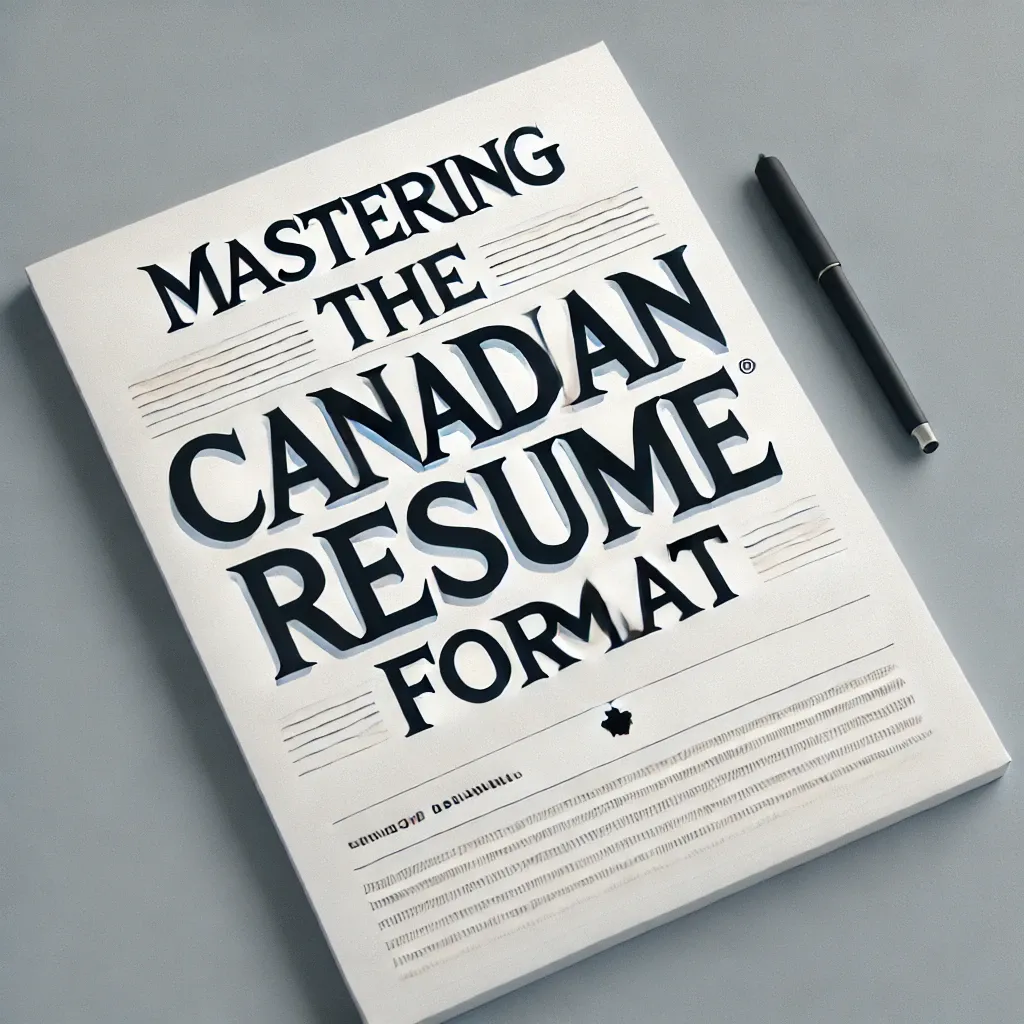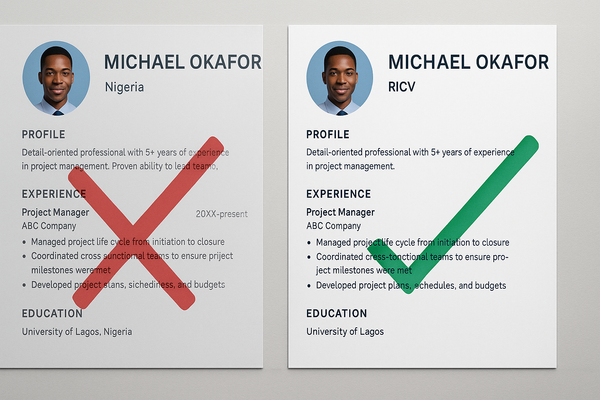Want To Land Jobs In Canada With Ease? Master This Resume Format.

Relocating to Canada is an exciting venture that brings joy to many. However, the journey doesn't end with relocation. Settling in the country often means securing employment.
Landing well-paying jobs in Canada may seem daunting, but it's more attainable than many imagine, especially with the right strategies. One key strategy is having a resume that speaks volumes to recruiters.
The resume format in Canada differs significantly from what you might be accustomed to in your home country. Understanding these differences is crucial.
What sets the Canadian resume format apart? Let's find out.
Remember, Your resume is crucial in the Canadian job market. It's often the sole basis employers use to assess your suitability for a position.
Here are some tips to adapt your resume to the Canadian format:
- Your resume should aim to secure an interview, not detail your entire work history. Focus on highlighting your key achievements to catch the reader's interest.
- Keep your resume engaging. With hiring managers spending only 10-25 seconds per review, ensure your resume is concise and achievement-focused.
- Avoid lengthy paragraphs and small fonts below size 10. Use a readable font and maintain a consistent format throughout.
- Opt for a professional resume template that includes your contact information, professional summary, work experience, and education. Also, consider listing relevant technical skills and volunteer experience.
- Use the third person and bullet points for clarity (e.g., "Increased sales by 10%"), avoiding first-person pronouns.
- Only mention personal interests if they contribute significantly to your professional image.
- In Canada, a resume should ideally be two pages long. If you have less experience, one page may suffice. If you have extensive experience, you might extend it to three pages.
- Highlight skills like bilingualism or specific technical proficiencies, especially if they're relevant to the job you're applying for.
- Do not list references or state "references available upon request" on your resume. It's assumed that you can provide these if asked, so save space for more compelling content.
- Avoid mentioning temporary immigration statuses like "gap year" or "one-year work permit" directly on your resume. Employers seek candidates with long-term potential. You can discuss your immigration status in interviews if necessary.
By tailoring your resume to these Canadian standards, you'll enhance your prospects of securing interviews and job offers in Canada.




